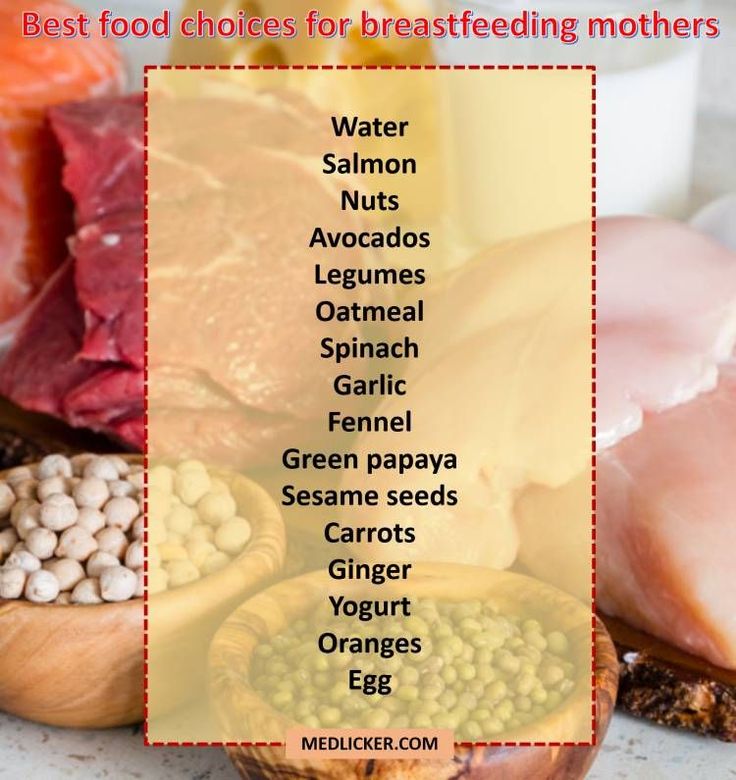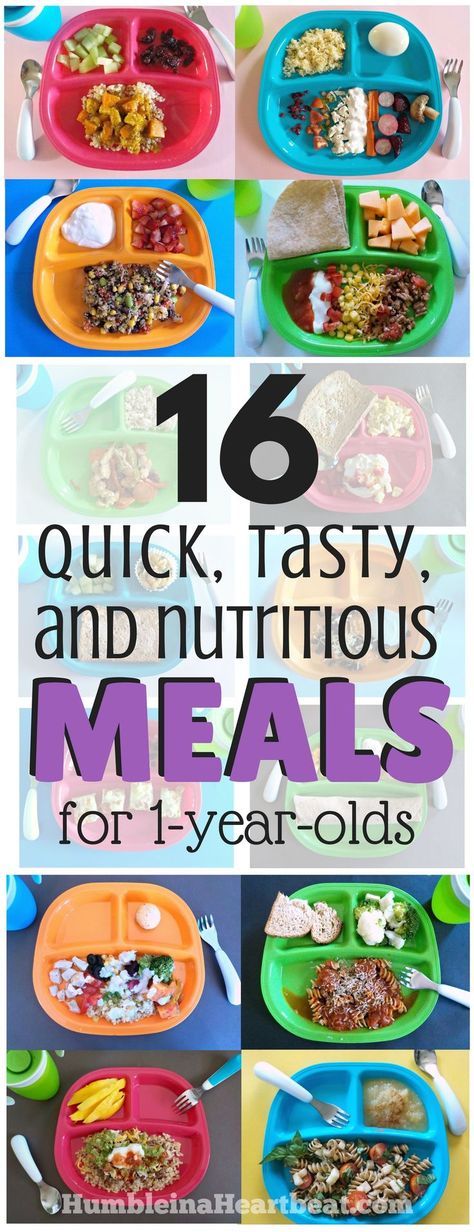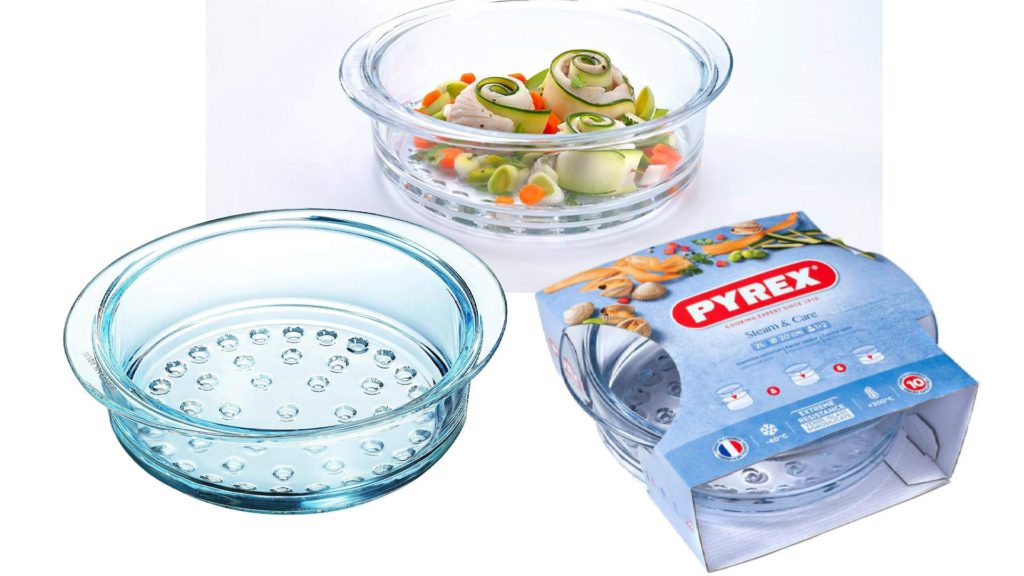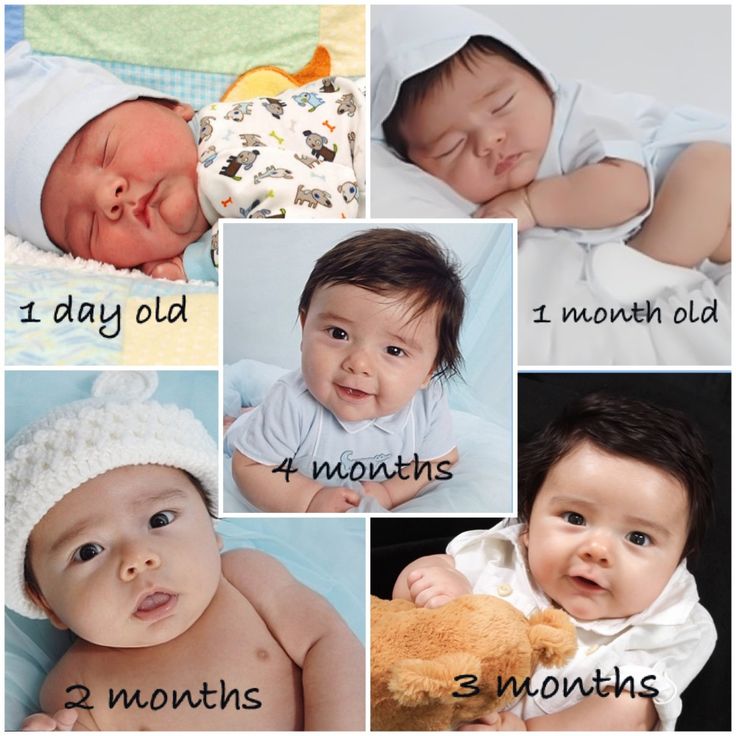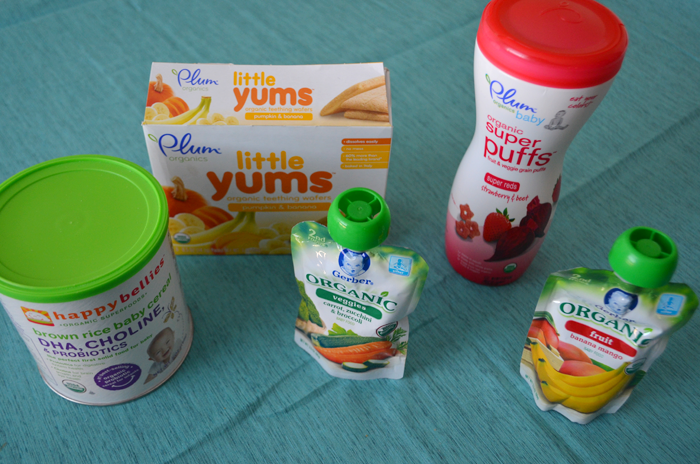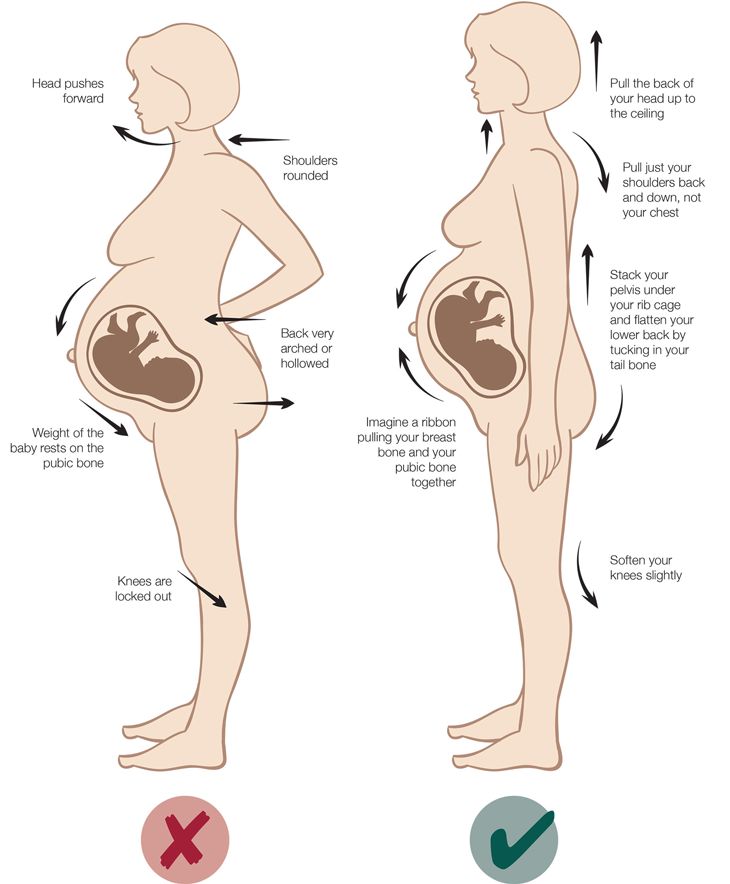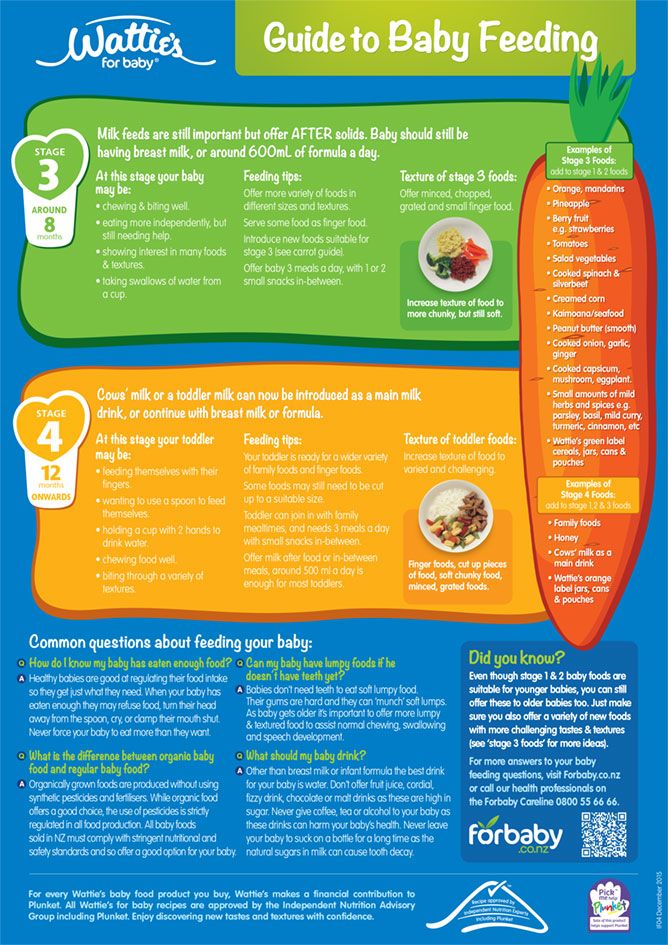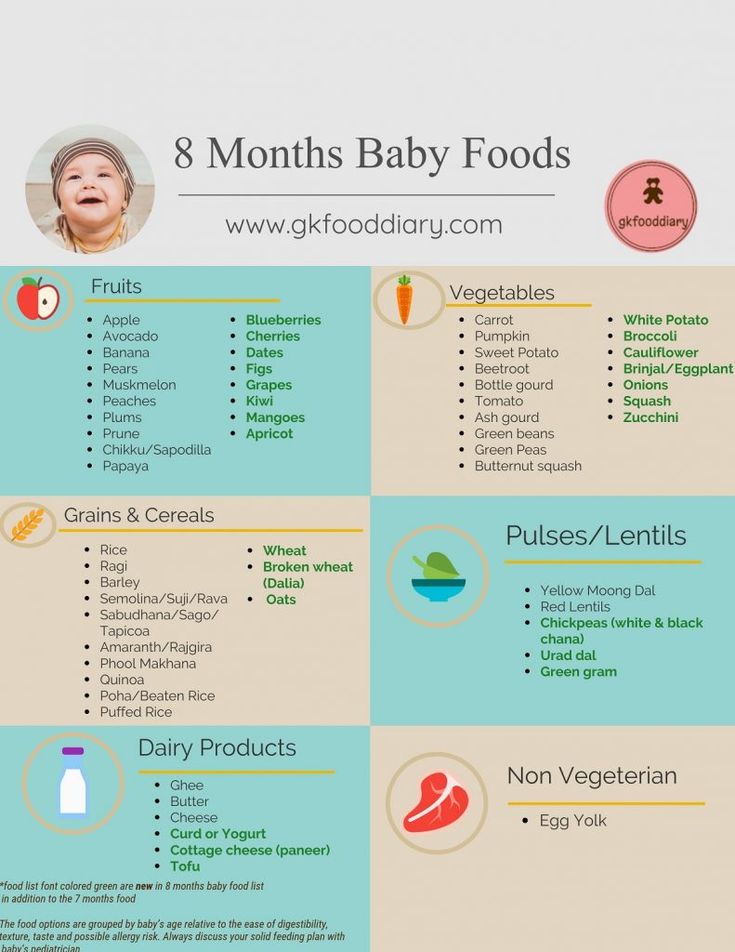Can you feed a baby cold milk
Can Babies Drink Cold Milk?
Caring for babies means keeping them warm and cozy. While you might enjoy a nice, cold glass of something while doing so, cold bottles just don’t seem to fit into this picture!
So, when you were adding items to your baby wish list, you may have been tempted to include that fancy bottle warmer. After all, who wants to spend precious time in the middle of the night trying to warm up milk?
What if we told you, though, that you might not even need to warm up your baby’s milk? Or that there may even be downsides to warming up your little one’s beverage? Keep reading to get the low down on the temperature of your baby’s bottle!
Believe it or not, yes — babies can drink cold milk. Many parents choose to heat up their baby’s milk, but this is mainly done based on the parent or baby’s preference and not for health reasons. (More info on that to come!)
While breastfed babies will get their breast milk from the breast at body temperature, babies who are formula-fed or are taking a bottle of breast milk can drink the contents slightly warmed, at room temperature, or even cold straight from the fridge.
More important than warming the milk is using the right mixture of safe water and formula when making bottles, and storing the formula or breast milk for your baby appropriately.
Beyond that, they can enjoy their beverages slightly warmed — or straight from the refrigerator, making middle-of-the-night feeds a little easier on you!
Before we get ahead of ourselves though, it’s important to stop and note that you should never feed a baby cow’s milk whether it’s warm or cold.
Cow’s milk is not appropriate for children until they are a year of age, so make sure to stick with formula or breast milk until then! (When the term “milk” is used in this article it refers solely to breast milk or formula.)
Yes, it’s safe to feed your baby cold milk.
In fact, frozen breast milk can be used as a form of pain relief for teething babies! (Got a teething little one and curious how to do this? Simply place your breast milk in an ice cube tray. After it freezes, place the breast milk cube in a mesh feeder for your baby to enjoy!)
While many parents choose to warm their baby’s milk, there may actually be more risks to overheating it than having your baby drink it cold.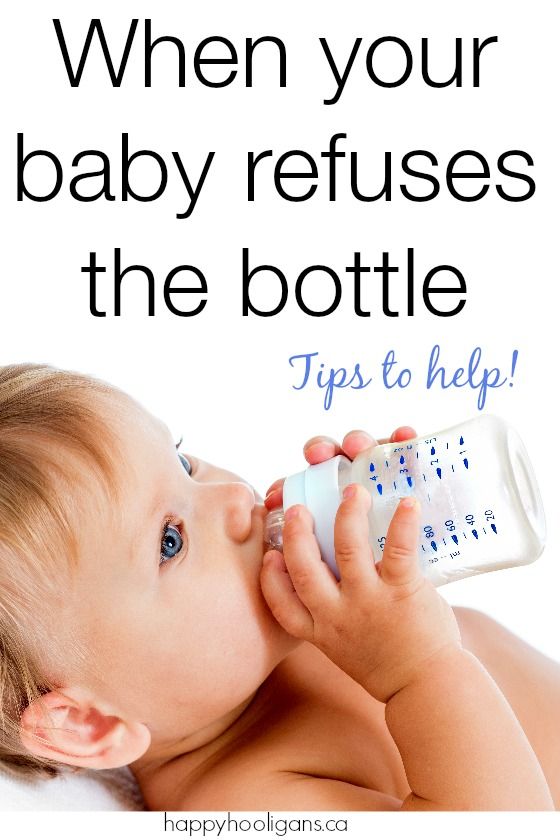
Heated milk concerns
The first concern is using the microwave. You should never microwave cold breast milk or formula as this can leave hot spots.
Because microwaves do not heat evenly, even if you test the bottle temperature on your wrist your baby could still get their mouth and esophagus burned by hot milk.
Since the microwave is out, the most common methods for heating breast milk are a bottle warmer or placing the bottle in hot water bath.
However, even when you use a bottle warmer or other heating method to warm your baby’s milk, it’s important to use caution because overheating the milk can destroy the immune building and other nutritional benefits to breast milk.
One study found that bottle warmers, hot water baths, and other warming methods can all cause the breast milk to exceed 80°C (176°F), which is the temperature when many of the beneficial properties disappear. (This is also why microwave heating isn’t recommended; the extreme heat can kill key nutrients quickly. )
)
If you’re heating your baby’s milk, stick with the lower heat settings on your warmer or a warm water bath instead of using boiling water to avoid overheating.
There’s also storage to think about. Milk that has been warmed should not be heated or reheated.
If your little one has not finished their bottle after 2 hours of it sitting out, it’s best to throw it out. This will prevent milk from spoiling or being exposed to environmental germs.
Cold milk concerns
Despite some potential risks in warming milk, it’s important to note that there is at least one group of infants who may experience health benefit from having their milk warmed. These are premature babies.
An older study showed that while the body temperature of the premature baby was not significantly impacted by the milk temperature, warming the liquid did seem to lead to greater tolerance of the milk or formula.
To give your little one the most encouragement for gaining and growing, you can give bottles with cold milk or formula inside a quick dip in a warm water bath to bring the temperature up to lukewarm.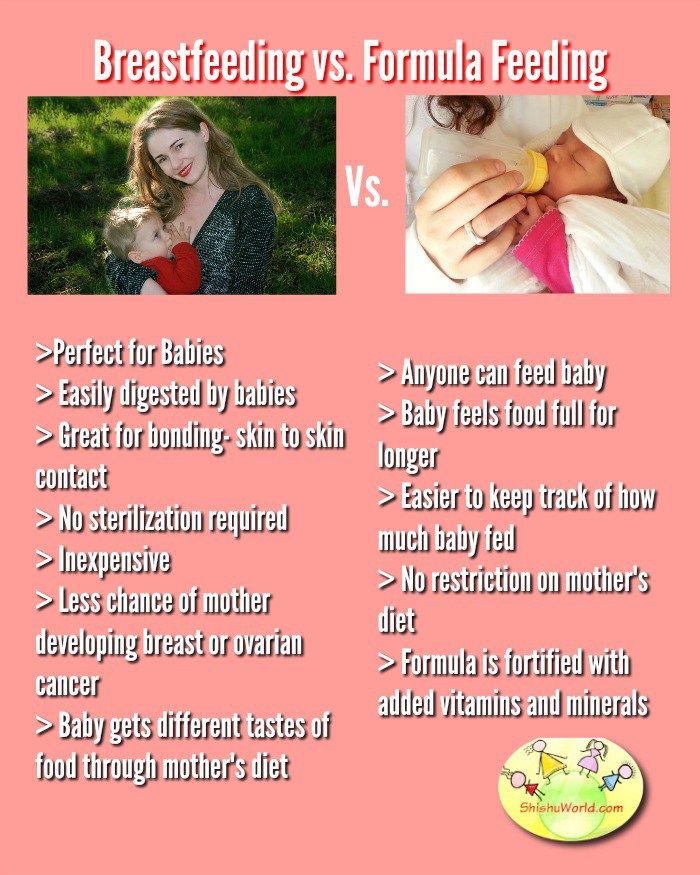
By this point, you’re probably thinking: So why do some people choose to warm milk when it’s more work to do so?
Again, breast milk directly expressed from the breast is a warm temperature. Babies who spend the majority of their feeding sessions at the breast are used to this warm liquid.
While many adjust quickly to a cold version of breast milk coming from a bottle, some babies are a little more sensitive.
This can mean they don’t want to drink as much cold milk. If you’re struggling with a baby who isn’t feeding well, it is a good idea to experiment with the bottle temperature to see if they have a preference.
Many parents also get concerned about the separation of liquids that can occur when breast milk is cold. This layering is normal, and doesn’t affect the milk quality. In fact, the mixture can usually be combined with a few gentle swirls.
However, if it doesn’t mix well, warming it a bit can help to encourage the layers to mix better.
If you’re still feeling worried or guilty about giving your baby a cold bottle, you can always slowly transition them. Each time you serve up a warm bottle, heat it a little less. You can see how your little one responds over time and find the temperature that works best for both of you.
Each time you serve up a warm bottle, heat it a little less. You can see how your little one responds over time and find the temperature that works best for both of you.
Most of the time warming your baby’s bottle really comes down to personal preference and not health requirements (unless you have a preemie and the NICU has a close eye on the milk temperature).
If you do decide that you want to warm your breast milk or formula, you’ll want to do it safely. This means not overheating or microwaving it. It also means testing the temperature before offering it to your baby.
So, this just leaves one question for you to answer: Does that fancy bottle warmer make it onto your registry?!?
Can Babies Drink Cold Milk?
Taking care of your baby can be challenging, especially when it comes to feeding them and keeping them nourished. There are many options and conditions that need to be considered based on your baby’s specific needs. Because of this, it is worth considering giving your baby their milk or formula cold or slightly warm.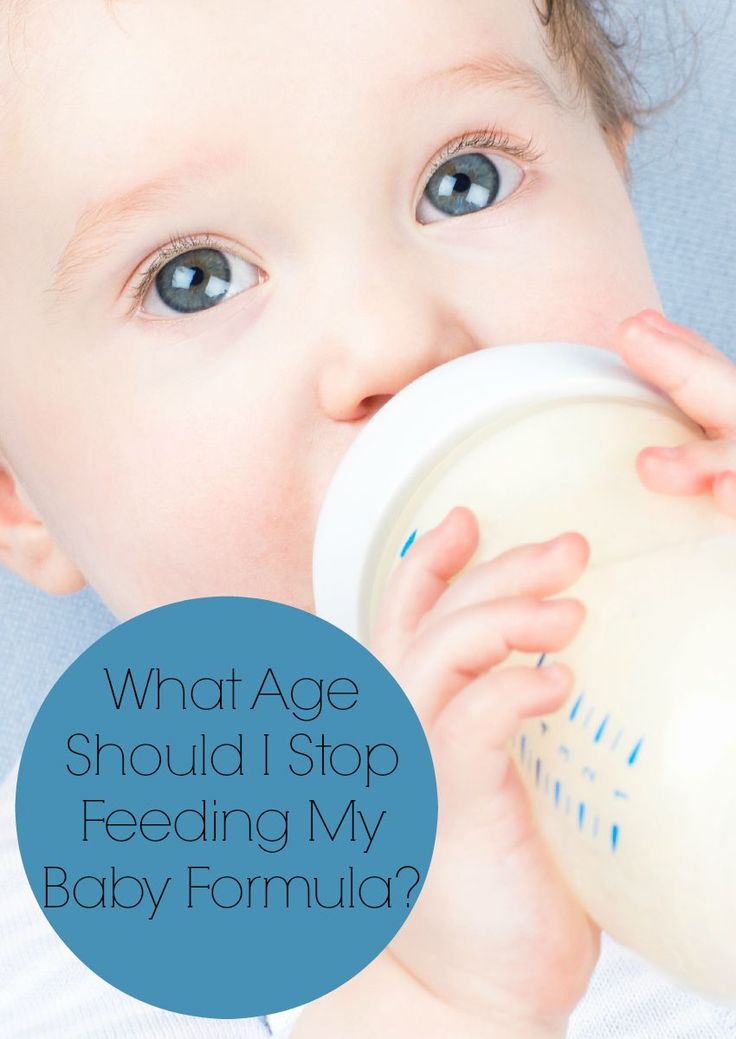
Each has their own pros and cons, and it could be worth trying them with your baby. If you are using formula, https://sellformula.com/ is a useful place to purchase age-appropriate formula for your baby. Here are some of the reasons why you may be thinking about giving your baby cold milk, and certain considerations which should be taken.
Why Give Your Baby Cold Milk?Firstly, why might you give your baby cold milk? In some situations like when you are away from home, there may not be an opportunity to heat your baby’s milk. If you are not breastfeeding or unable to, then cold formula seems to be the best choice. Cold milk is perfectly safe for your baby, and it can be the most practical choice in some cases.
Similarly, it is faster and more convenient to give your baby cold milk in comparison to warming it up. In turn, travel can be made easier if you get your baby used to cold milk. This also eliminates the risk of overheating their milk before giving it to them.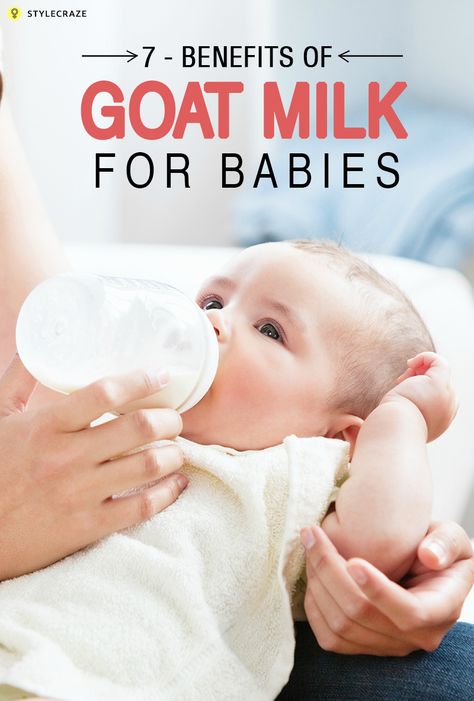
Like most things with developing babies, each infant has slightly different requirements for milk and nutrition. Because of this, there are some limitations to giving your baby cold milk.
They May Not Like It
While it is completely safe to give cold milk to your baby, the main concern with typically developing infants is that they won’t like it. In some cases, it isn’t worth persevering in order to give them cold milk. Many babies prefer warm milk because it is comforting and closer to the natural temperature of breast milk which they may be accustomed to.
If you try to introduce your baby to cold milk, they can spit it out or even refuse to drink it. This can lead to them becoming fussy, and even making themselves vomit. It is also likely that your baby will refuse to take the bottle and cry at the different temperature of milk.
Less Suitable For Preemies
If your baby has spent time in the NICU, or if they are considered premature, then there is a higher chance that cold milk will affect their internal temperature too much. Babies with lower birth weights are usually given warm milk by nurses when they are in the hospital. Because of this, it could be worth avoiding giving your baby cold milk until they have put on a little weight.
Babies with lower birth weights are usually given warm milk by nurses when they are in the hospital. Because of this, it could be worth avoiding giving your baby cold milk until they have put on a little weight.
On the other hand, there is no evidence that suggests cold milk is harmful to preemies, regardless of formula or breast milk. Because of this, it could be worth speaking with your pediatrician about the pros and cons of cold milk relating to your baby’s circumstances.
Breast Milk Separates
Although it is not an issue with formula, breast milk is more likely to separate when it is refrigerated. Even when you shake the bottle thoroughly, there may still be some separation and small pieces in the bottle.
Because of this natural separation, it can be easier to heat up a bottle of breast milk before giving it to your baby. This is because the solids on top of the cold milk are easier to mix with the rest of the liquid in the bottle once it has been heated.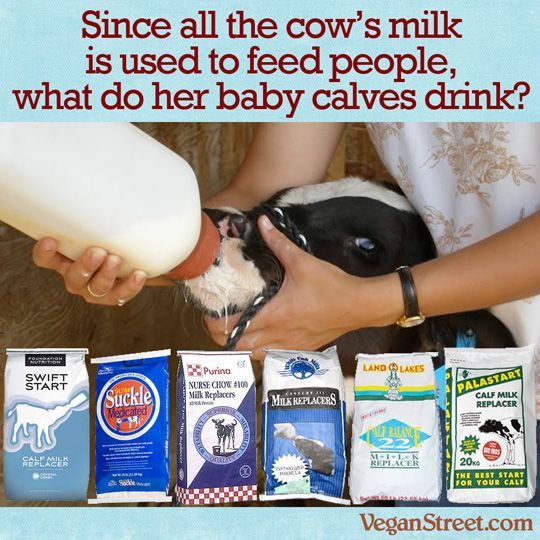
It is common for babies to refuse cold milk purely because it is a different temperature than they are used to. If you are looking for a way of warming their milk when you are traveling or out of your home, then it could be worth purchasing a portable milk warmer.
These can allow you to warm your baby’s bottle from anywhere, and it can allow them to drink milk without making a fuss. In some cases, it is not worth persevering with cold milk because it can make your baby very distressed.
SummaryIt is perfectly safe to give your baby cold milk if you are unable to heat their breast milk or formula. However, many babies have been known to refuse cold milk as they are less used to the colder temperatures in their mouth. Consider portable options if your baby keeps refusing it.
Can children drink drinks from the refrigerator? Opinion of a pediatrician
- Children's health
Many mothers ask themselves: is it possible to give children cold milk or kefir straight from the refrigerator? Grandmothers usually advise warming up drinks, otherwise the child will get sick.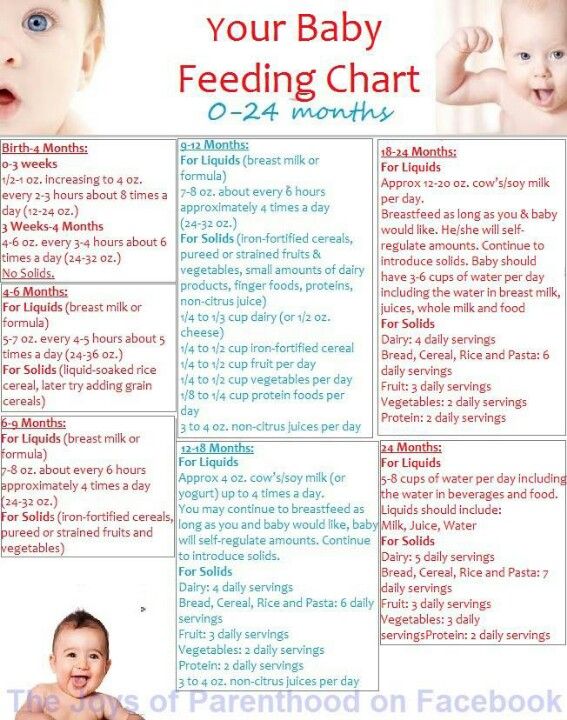 Child BY learned the opinion of pediatrician Nadezhda Dubatovka.
Child BY learned the opinion of pediatrician Nadezhda Dubatovka.
1691
Shape 1 copy 6Created with Avocode. nine0006 The connection between the use of cold foods and a sore throat or SARS has not been scientifically proven, the doctor says.- Children get sick most often from viruses, and cold liquids do not contain them. But, in fairness, it should be said that lowering the temperature of the mucous membranes can facilitate the penetration of viruses into the body due to the fact that local immunity is inhibited. This is especially true for people who are not adapted to the cold: they really have a greater risk of getting sick or getting an exacerbation of chronic processes. nine0007
But in general, the doctor believes, the reasonable use of cold drinks has a positive effect on the health of the child:
— Unobtrusive hardening of the throat from birth forms a habit of different living conditions. It is much better to be resistant to temperature changes than to be overly sensitive. In addition, cool drinks and melted ice cream are great for sore throats with sore throat or pharyngitis. The same laws work here as in the case of the local use of ice for bruises: cold relieves pain. nine0007
It is much better to be resistant to temperature changes than to be overly sensitive. In addition, cool drinks and melted ice cream are great for sore throats with sore throat or pharyngitis. The same laws work here as in the case of the local use of ice for bruises: cold relieves pain. nine0007
Based on her experience, the pediatrician concludes that often parents pass on personal feelings to their children: if they feel uncomfortable drinking cold drinks, they do not give them to their child.
- Perhaps you were simply not tempered as a child, but your child will be lucky in this regard - he will grow up more adapted to cold and adverse conditions. At the same time, you do not need to take my recommendations literally and give children “eat icicles”. The comfort of the child should be above all. We are all different: some like to drink cool drinks, and some do not. Let the child make his own choice. nine0007
The doctor reminds you that the composition of drinks is more important for health than their temperature.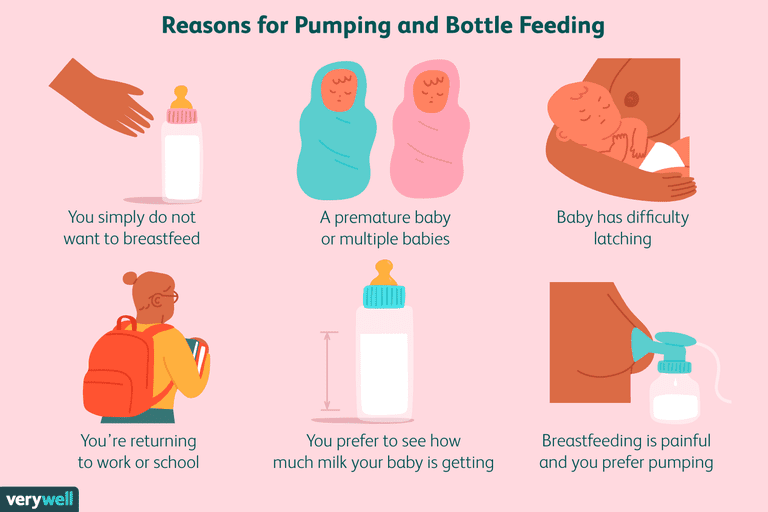 Parents often forget about this:
Parents often forget about this:
— It's not the ice in the cola that is terrible, but the cola itself with a huge amount of sugar. The same goes for packaged juices. Instead, it is better to drink plain water. To make it tastier, you can cool it and add citrus fruits, other fruits or berries, mint leaves.
The doctor also named situations when drinking cold drinks should not be:
- If the child has sensitive teeth. Enamel does not like sudden changes in temperature. In this case, it is better to warm up the drinks a little. nine0004
- If chronic diseases worsen. This applies, for example, to tonsillitis.
- There is also information that cold foods are undesirable in reflux, as they may exacerbate symptoms. But if there are no negative manifestations, then chilled foods can be afforded.
Children who are healthy and feel well are advised by the pediatrician to get accustomed to cold drinks. But the question arises, at what age should this be done?
- Cold milk, kefir, yoghurts and cottage cheese can be given to a child from the beginning of their introduction into the diet (kefir - not earlier than a year, and whole milk - not earlier than two years). Everything must be done gradually and focus on the well-being of the child, then hardening will benefit and “teach” the mucous membranes to respond calmly to the cold. nine0007
Everything must be done gradually and focus on the well-being of the child, then hardening will benefit and “teach” the mucous membranes to respond calmly to the cold. nine0007
Source: Child BY
1691
Shape 1 copy 6Created with Avocode.The Labor Code of the Republic of Belarus indicates that the work book is the main document on the work activity of an employee in cases where its completion is required ...
Is it possible for a baby to drink cold breast milk - pros, cons and precautions then it's practical. Not only is it convenient because someone else has to feed the baby, but some say cold milk can also ease the discomfort associated with teething. But can newborns drink cold breast milk? This is something that most parents think about at some point, so we will share with you everything you need to know about babies drinking cold breast milk. nine0007
Can my baby drink cold breast milk or formula?
As long as you feed your baby only breast milk or formula until they are one year old, whether it be warm, room temperature, or even chilled from the refrigerator, your baby will be fine with cold breast milk or formula!
Benefits of feeding your baby cold breast milk or formula
Here are some benefits of feeding your baby cold milk:
- This saves time and energy as less work is required.
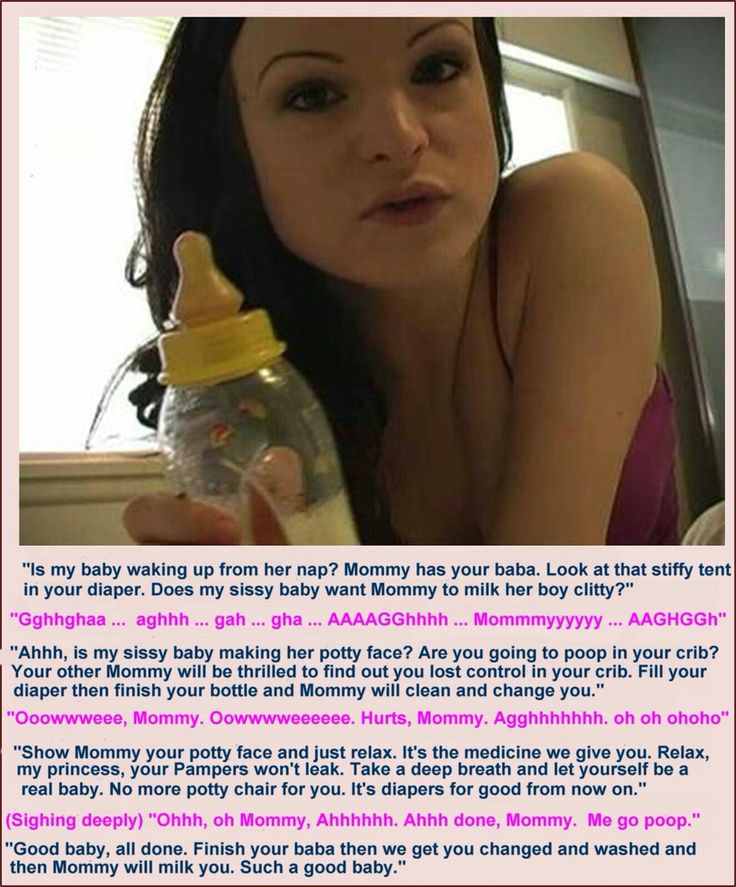
- Babies who are accustomed to drinking cold milk often have no problem feeding while travelling, where bottle warming can be more difficult.
- Sometimes overheating breast milk or formula can cause your baby to develop blisters in her mouth. When overheated, it can also lose its beneficial properties.
Cons of feeding your baby cold breast milk or formula
- Here are the cons of feeding babies with cold breast milk or formula:
- Premature babies should not drink cold milk. For them, it is much more useful to warm the milk a little.
- Babies who are too accustomed to drinking warm milk may be shocked by the sudden introduction of cold breast milk or formula, which may cause them to refuse to drink milk.
- Fat separates when breast milk is cooled. If this happens, it may become difficult to mix the cold milk bottle. nine0004
Points to consider when feeding your baby with cold milk
While it is normal to feed your baby with cold breast milk, there are a few important things to keep in mind when handling cold breast milk:
There is one aspect of cold breast milk that you need to know about body fat.
 You may be tempted to discard the fat to make it easier for your child to drink clear liquid, but this fat is essential for your child because it contains the key nutrients your child needs. All you need to do to solve the problem of loose fat is to gently shake the bottle. If the fat does not mix well, slightly heating the bottle will help dissolve the solids and mix them into the liquid. nine0007
You may be tempted to discard the fat to make it easier for your child to drink clear liquid, but this fat is essential for your child because it contains the key nutrients your child needs. All you need to do to solve the problem of loose fat is to gently shake the bottle. If the fat does not mix well, slightly heating the bottle will help dissolve the solids and mix them into the liquid. nine0007 2. Color of the fat layer
If breast milk sits in the refrigerator for more than half an hour, a layer of fat will begin to form on its surface. All of this fat must be consumed by your child. If you notice that the color of the fat is different from the rest of the milk, being either darker or lighter, don't worry. Usually the fat gets a little darker when it cools down a bit.
3. Fat spoiled
As long as the fat in cold breast milk dissolves when shaken, you can be sure that it is healthy to eat. If the fat doesn't dissolve, but instead begins to form into chunks, the more it's shaken, the more it's time to throw it away.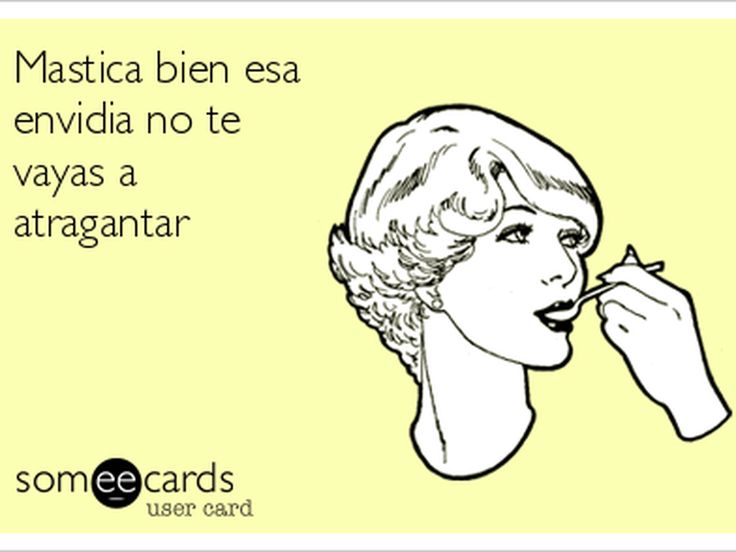 nine0007
nine0007
4. Cold milk is not allowed for sick children
If your child is sick, it is better not to feed him cold milk. Warm milk is better as it is much more soothing, will help them sleep and may help reduce some of their symptoms.
5. Cold but not frozen
Cold breastmilk stored in the refrigerator is suitable for babies who are gradually accustomed to cold milk. However, frozen milk is different and you should not give your baby milk that has just been taken out of the freezer. Let it thaw in the refrigerator for at least 12 hours before giving it to your child. nine0007
Frequently Asked Questions
Here are some of the most frequently asked questions about feeding cold milk to babies:
1. Can cold breast milk cause constipation in babies?
No association has been found between cold breast milk and constipation in infants. Instead, it was most likely what Mom ate. If your diet is high in dairy and rice, it will most likely cause constipation in your child.
If your diet is high in dairy and rice, it will most likely cause constipation in your child.
2. Can children drink milk directly from the refrigerator?
Technically babies can drink milk straight from the refrigerator if the bottle is shaken well to mix the fat, but it is better to give them cool milk rather than cold milk.
3. Is frozen or chilled breast milk better than formula?
Although infant formula contains the nutrients a baby needs to develop, there is nothing better for a baby than breast milk. Even if frozen or refrigerated, breast milk still has higher levels of antioxidants and activity than formula, making it a healthier option. nine0007
4. Does cold milk cause weight gain in children?
Weight gain in babies is caused by the fat present in breast milk. So, whether the milk is warm or cold, as long as you make sure your baby gets all the fat, your baby will achieve proper weight gain.


